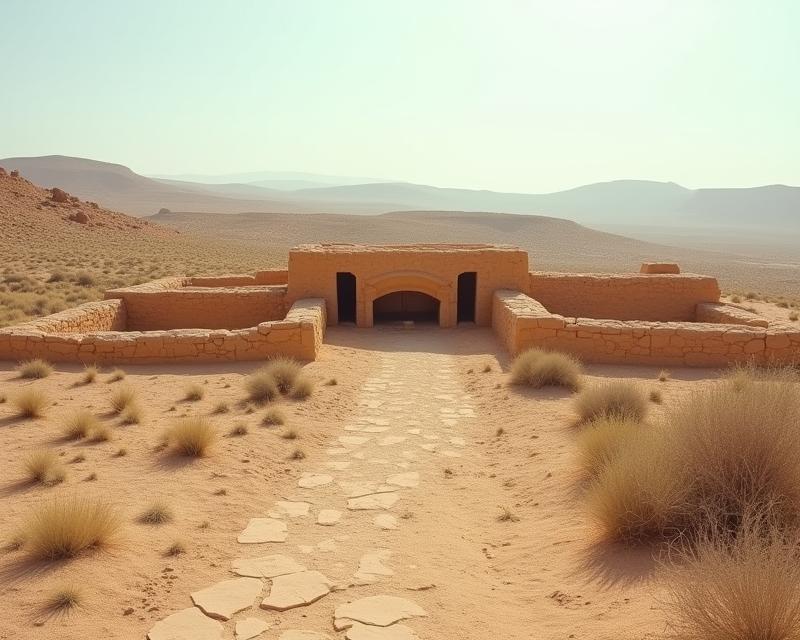Ancient Lessons: Climate Change & Farming Collapse
Publish in Sustainable Farming el 22/07/2025 16:24
Ancient Lessons: Climate Change & Farming Collapse
Hey everyone! As farmers and gardeners, we're constantly learning about soil health, water management, and adapting to unpredictable weather. But have you ever considered that similar challenges have plagued agricultural communities for thousands of years? Today, we're diving into the fascinating and sobering story of the Ancestral Puebloans, also known as the Anasazi, and how climate change played a significant role in the collapse of their agricultural systems.

For centuries, the Ancestral Puebloans thrived in the American Southwest, developing sophisticated farming techniques to cultivate crops like corn, beans, and squash. They built impressive villages and irrigation systems, demonstrating a deep understanding of their environment. However, around the 13th century, many of these communities abruptly abandoned their settlements. While the exact reasons are complex, a growing body of evidence points to prolonged and severe drought as a major contributing factor. This wasn't just a dry spell; we're talking about decades, possibly centuries, of reduced rainfall.
Think about that for a moment. Imagine your fields drying up, your water sources dwindling, and your carefully planned crops failing year after year. The Ancestral Puebloans faced this reality, and it forced them to make incredibly difficult decisions. They likely experimented with different crops, intensified their irrigation efforts, and perhaps even migrated in search of more sustainable lands. Archaeological studies reveal changes in their agricultural practices, including a shift towards more drought-resistant plants and a decrease in the amount of land cultivated. They also show evidence of increased social stress and conflict, which often accompany resource scarcity.
So, what can we learn from this ancient history? The story of the Ancestral Puebloans isn't just a tale of a lost civilization; it's a powerful reminder of the vulnerability of agricultural systems to climate change. It highlights the importance of building resilience into our farming practices. This means focusing on water conservation, soil health, crop diversification, and exploring drought-tolerant varieties. By understanding the past, we can better prepare for the future and build more sustainable and adaptable farming communities. It’s a humbling lesson – one that shows us how crucial it is to respect and work *with* the natural world, not against it. Let's learn from their mistakes and build a more secure future for our farms!





